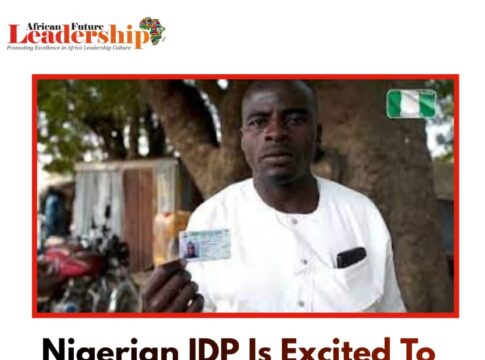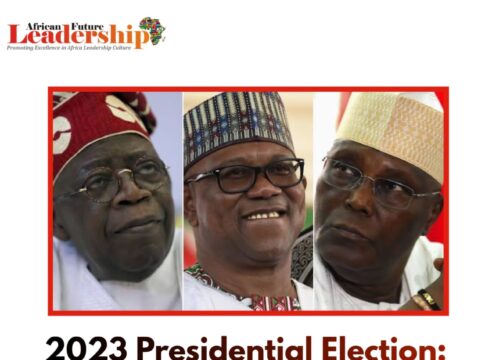Two “old foxes” of Nigerian politics and an (almost) outsider, much appreciated by young voters, are the three favorites in the presidential elections which will take place tomorrow February 25 in Nigeria.
The only thing that unites the three challengers is that none of them has a military background, unlike incumbent President Muhammadu Buhari, who cannot run after his second term. Bola Ahmed Tinubu, 70, the former governor of Lagos, is the All Progressives Congress (APC) presidential candidate, while the main opposition People’s Democratic Party (PDP) is represented by Atiku Abubakar, 76, who was vice-president in the second term of Olusegun Obasanjo (who was president from 1976 to 1979 and then from 1999 to 2007) and had ran for the presidency five times.
Both Tinubu and Abubakar are members of the elite of the Muslim north, breaking the unwritten rule of choosing a president from the Muslim north (as Buhari is in power) and one from the Christian south.
READ MORE: Atiku Tries Again For The Presidential Job
The third main candidate is from the south. Peter Obi, 61, a former Governor of Anambra State (south-east), expresses hope for renewal, especially among the youth of the country. Obi was formerly a member of the PDP but switched to the Labor Party (LP) in 2022. Since then, he has gained a lot of support from the younger generation of Nigerian voters.
Widespread insecurity and the economic crisis are the main problems afflicting Nigerians and to which politicians must respond.
This year’s elections are considered a turning point in the country’s democratic history, because in addition to the presidential elections on February 25, votes will also be taken on filling the 469 seats in the National Assembly, for which 4,223 candidates are running. Also, on March 11, 28 out of 36 states will elect a new governor, with 17 incumbent governors reaching their term limits and therefore unable to run.
The expectations for a renewal of political leadership at local and federal level are therefore very high. If these expectations are not met, there is a risk of further tension and violence in a country of over 213 million people (93 million eligible voters), four in ten of whom live below the poverty line, without electricity, drinking water or sanitation.
In the past, there has often been a wave of violence in connection with elections, which also involved political parties, which often pursue ethnic and denominational interests. Despite the agreement signed in September 2022 by the candidates and representatives of the 18 political parties for a peaceful election campaign, this year’s election campaign was again marked by violence.




